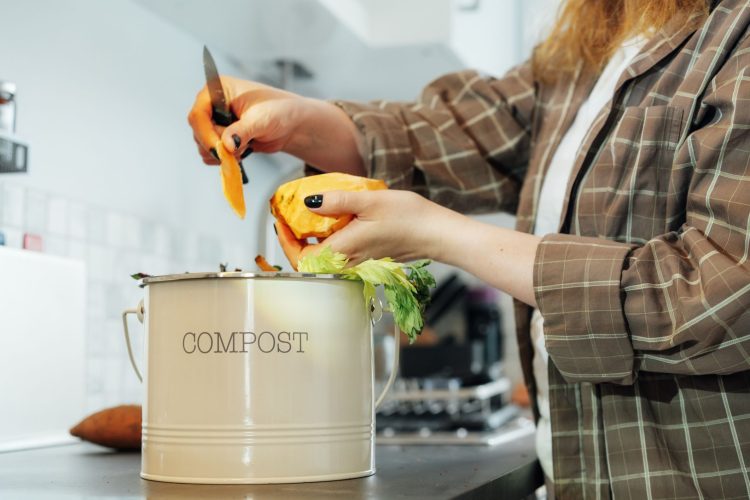A zero-waste lifestyle can be a tall order, but starting small doesn’t have to feel impossible.. Your kitchen is likely one of the leading waste-producing areas of your home. In fact, most families waste an average of $1,500 every year. If you’re ready to take steps to become zero-waste, there’s no better place to start than the kitchen. These small kitchen steps can help you get on your way to becoming zero-waste at the heart of your home.
Plan Ahead
Planning ahead is one of the most helpful and simultaneously one of the simplest steps you can take to reduce waste in your home and especially in your kitchen. Reducing waste often starts with reducing over-purchasing and the commitment to pre-planning when it comes to your grocery purchases means a lot less waste can occur. Before you go to the grocery store or shop online, make a list so you don’t buy more than you need. Don’t forget to take off what’s in your pantry or refrigerator currently. This can help you both prevent duplicate purchases and can help you plan your new purchases around what you already have.
Buy Thoughtfully
Purchase items thoughtfully. If you have access to stores that offer bulk purchases, use your own jars to prevent bringing excess plastic waste home. Purchase veggies and fruits from local farms or markets to avoid the plastic packaging that store-bought and shipped items often require. Buying thoughtfully can mean ensuring less plastic waste ever makes its way to your kitchen.
Start a Compost
Food scraps don’t need to be trash. Recycle them into compost that can be added to soil to help your plants thrive. Set up a large home compost bin in your backyard, a small one on your countertop, or drop off your food waste at a local compost center. Whatever option you choose will be sure to keep your food scraps out of the local landfill.
Opt for Reusable
Paper towels, styrofoam cups, plastic zip-top bags, and cling wrap all can seem very convenient in a pinch; unfortunately, many of these items stick around in a landfill for years to come. Avoid excess waste by opting for reusable versions of everyday items. Replace all your paper towels with tea towels and washable napkins, and opt for reusable dishes even for picnics or parties. Finally, find reusable storage options for leftovers or snacks. From beeswax wraps to silicone zipper bags and beyond, there are plenty of options based on your preferences.











